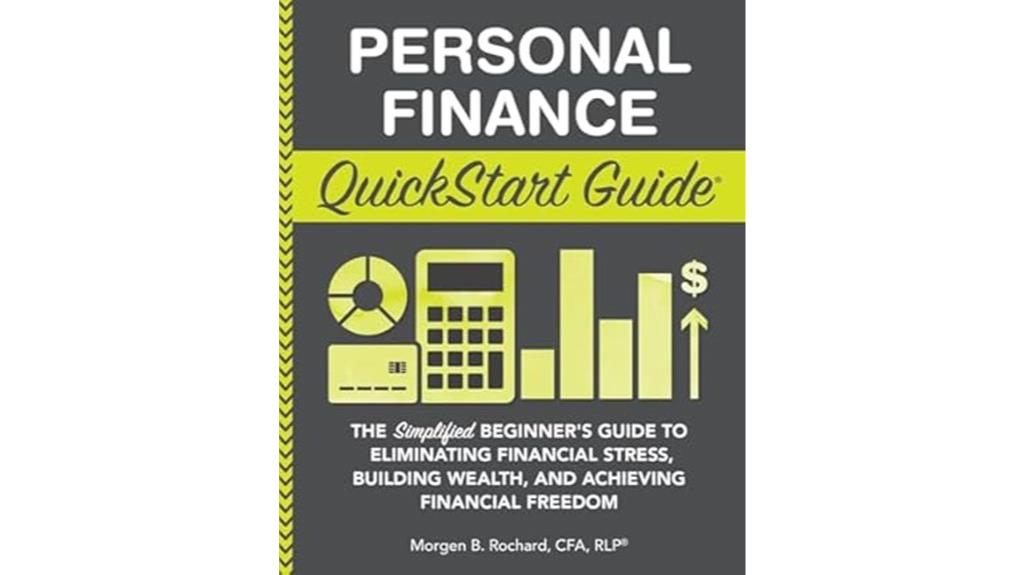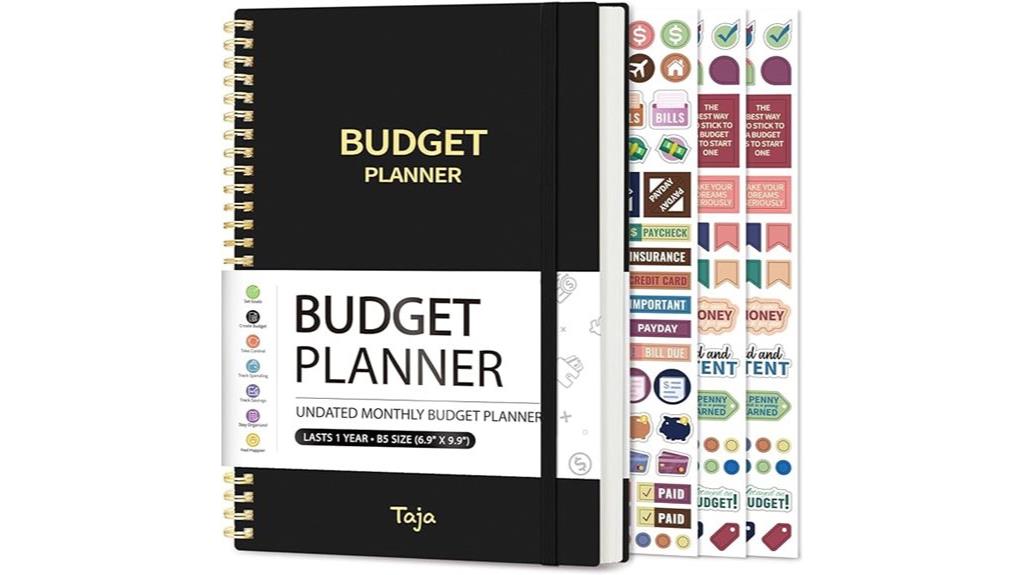As you’re browsing this article, your credit score might be changing at this very moment. That’s right—your financial reputation is constantly evolving, and understanding how to influence it positively is essential for building wealth, especially in melanated communities. You’ve likely heard various tips and tricks for boosting your credit score, but not all advice is created equal. Some strategies can fast-track your journey to financial success, while others might lead you astray. Want to know which secrets truly reveal the door to a higher credit score and pave the way for generational wealth? The answers might surprise you.
Understanding Credit Score Basics

Everyone should grasp the fundamentals of credit scores before trying to improve them. Your credit score is a numerical representation of your creditworthiness, typically ranging from 300 to 850. It’s calculated using complex algorithms that consider various factors from your credit report.
The main components influencing your score include payment history (35%), credit utilization (30%), length of credit history (15%), credit mix (10%), and new credit inquiries (10%).
Payment history reflects your track record of paying bills on time, while credit utilization measures how much of your available credit you’re using. A longer credit history generally benefits your score, as does having a diverse mix of credit types. New credit inquiries can temporarily lower your score.
FICO and VantageScore are the two primary credit scoring models used by lenders. While they use similar factors, their calculations differ slightly.
It’s important to know that you have multiple credit scores, as each credit bureau may have different information about you. Regularly checking your credit reports and understanding what impacts your score are vital steps in managing and improving your creditworthiness.
Common Credit Myths Debunked
While understanding credit score basics is important, it’s equally essential to dispel common misconceptions about credit.
Let’s debunk some prevalent myths that might be holding you back from achieving your financial goals.
First, closing unused credit cards won’t automatically boost your score. In fact, it can hurt your credit utilization ratio and shorten your credit history.
Contrary to popular belief, checking your own credit report doesn’t lower your score. It’s considered a soft inquiry and won’t impact your creditworthiness.
You don’t need to carry a balance on your credit cards to build credit. Paying your full balance on time each month is the best strategy.
Additionally, having a perfect payment history doesn’t guarantee a perfect credit score. Other factors like credit utilization and length of credit history also play important roles.
It’s a myth that you only have one credit score. In reality, you have multiple scores based on different scoring models and credit bureaus.
Strategies for Timely Bill Payments

Timely bill payments are the cornerstone of a healthy credit score. To guarantee you’re always on time, set up automatic payments for your recurring bills. This way, you’ll never miss a due date, even if you’re busy or forgetful.
If you’re not comfortable with automatic payments, create calendar reminders a few days before each bill is due.
Consider paying bills more frequently than once a month. Making smaller, weekly payments can help you manage your cash flow and reduce the risk of missing a large monthly payment.
You can also prioritize your bills based on their impact on your credit score. Focus on paying credit cards, loans, and other credit accounts first, as these directly affect your credit report.
If you’re struggling to make payments, don’t ignore the problem. Contact your creditors immediately to explain your situation and explore options like payment plans or temporary hardship programs.
Many companies are willing to work with you if you’re proactive.
Managing Credit Utilization Effectively
Your credit utilization ratio plays an essential role in determining your credit score. It’s the percentage of your available credit that you’re currently using. To manage your credit utilization effectively, aim to keep it below 30% across all your credit cards and lines of credit. This shows lenders that you’re responsible with your credit and aren’t overextending yourself financially.
To improve your credit utilization and boost your credit score, consider these strategies:
- Pay down existing balances: Focus on reducing your credit card debts, starting with the highest interest rates first.
- Increase your credit limits: Request higher limits on your existing accounts, but avoid using the additional credit.
- Keep old accounts open: Even if you’re not using them, maintaining older accounts can increase your overall available credit.
- Use multiple cards wisely: Spread your spending across different cards to keep individual utilization rates low.
Diversifying Your Credit Mix

Another factor that greatly impacts your credit score is the variety of credit types you have. Credit mix accounts for about 10% of your FICO score, making it an important aspect to evaluate when building your credit profile. Lenders like to see that you can manage different types of credit responsibly.
To diversify your credit mix, think about incorporating various forms of credit into your financial portfolio. This may include revolving credit, such as credit cards, and installment loans, like mortgages, auto loans, or personal loans. Having a mix of both shows that you can handle different repayment structures and credit terms.
If you’re just starting out, don’t rush to open multiple accounts at once. Instead, gradually add different types of credit as your financial needs evolve. For example, you might start with a secured credit card, then progress to a personal loan, and eventually a mortgage.
Building Credit Without Debt
While many people believe that taking on debt is necessary to build credit, there are actually several effective ways to improve your credit score without accumulating debt. You can build a solid credit history by focusing on responsible financial habits and leveraging existing accounts.
One of the most effective strategies is to become an authorized user on someone else’s credit card account. This allows you to benefit from their positive payment history without being responsible for the debt. Additionally, you can use a secured credit card, which requires a cash deposit as collateral. This minimizes risk while helping you establish credit.
Here are four more ways to build credit without taking on debt:
- Pay utility bills on time and report them to credit bureaus
- Use a credit-builder loan, where payments are held in a savings account
- Maintain a checking and savings account in good standing
- Rent payments reported to credit bureaus can boost your score
Addressing Negative Credit Items

Numerous negative items can appear on your credit report, potentially dragging down your score. These can include late payments, collections, charge-offs, and bankruptcies.
It’s essential to address these issues promptly to improve your credit standing.
Start by obtaining your free credit reports from all three major bureaus. Review them carefully for any inaccuracies or outdated information. If you find errors, dispute them with the credit bureaus and provide supporting documentation.
For legitimate negative items, take action to resolve them. If you have outstanding debts, try negotiating with creditors for a payment plan or settlement. Some may agree to remove the negative mark if you pay the debt in full.
For older debts, be cautious about reactivating the statute of limitations by making a payment.
Consider writing goodwill letters to creditors for isolated late payments, explaining the circumstances and requesting removal.
For collections, use the “pay for delete” strategy, where you offer to pay in exchange for the item’s removal from your report.
Leveraging Credit for Wealth Creation
Beyond repairing negative items, you can use credit as a powerful tool for building wealth. When leveraged responsibly, credit can open doors to opportunities that might otherwise be out of reach.
It’s crucial to understand how to use credit strategically to create long-term financial success.
To leverage credit for wealth creation, consider these strategies:
- Invest in real estate: Use your credit to secure mortgages for rental properties or fix-and-flip opportunities, generating passive income and building equity.
- Start or expand a business: Access business loans or lines of credit to fund your entrepreneurial ventures, potentially increasing your income and assets.
- Take advantage of credit card rewards: Use cashback or travel rewards cards for everyday purchases, effectively earning money on expenses you’d make anyway.
- Leverage 0% APR offers: Use introductory 0% APR periods to make large purchases or transfer balances, giving you time to pay off debts without accruing interest.
Cultural Considerations in Credit Building

Taking into account the diverse cultural backgrounds that shape financial behaviors, it’s vital to recognize that credit-building strategies may vary across different communities. You’ll find that some cultures prioritize cash transactions and may be hesitant to use credit, while others embrace it as a tool for financial growth.
It’s important to understand your own cultural perspective on credit and how it might impact your approach to building wealth.
In many melanated communities, there’s a strong emphasis on family support and communal financial responsibility. This can influence credit-building practices, as you might be more inclined to cosign loans or share credit accounts with family members.
While these actions can strengthen family bonds, they can also affect your credit score. It’s necessary to balance cultural values with personal financial goals.
You’ll also need to reflect on how generational wealth gaps and historical barriers to credit access have affected your community.
Educating yourself about credit-building techniques that align with your cultural background can help you overcome these challenges and create a personalized strategy for improving your credit score and building lasting wealth.
Long-Term Credit Management Techniques
Effective long-term credit management is essential for maintaining a high credit score and financial stability. To achieve this, you’ll need to develop consistent habits and strategies that protect and improve your credit over time.
Start by setting up automatic payments for all your bills to guarantee you never miss a due date. Regularly review your credit reports from all three major bureaus to catch and dispute any errors promptly.
Diversify your credit mix by responsibly using different types of credit, such as credit cards, personal loans, and installment loans. This variety can positively impact your credit score.
Additionally, focus on these key long-term strategies:
- Keep your credit utilization ratio below 30% by paying down balances and requesting credit limit increases.
- Avoid closing old credit accounts, as they contribute to your credit history length.
- Limit new credit applications to prevent multiple hard inquiries on your report.
- Maintain a budget to guarantee you can comfortably manage your debt obligations.
Join The Discussion
What strategies have helped you improve your credit or achieve financial goals? Share your experiences and tips to inspire others in the community on their journey to credit success and wealth-building.

Empower your credit journey with tools designed to simplify management, track progress, and build a strong financial foundation for lasting wealth.




